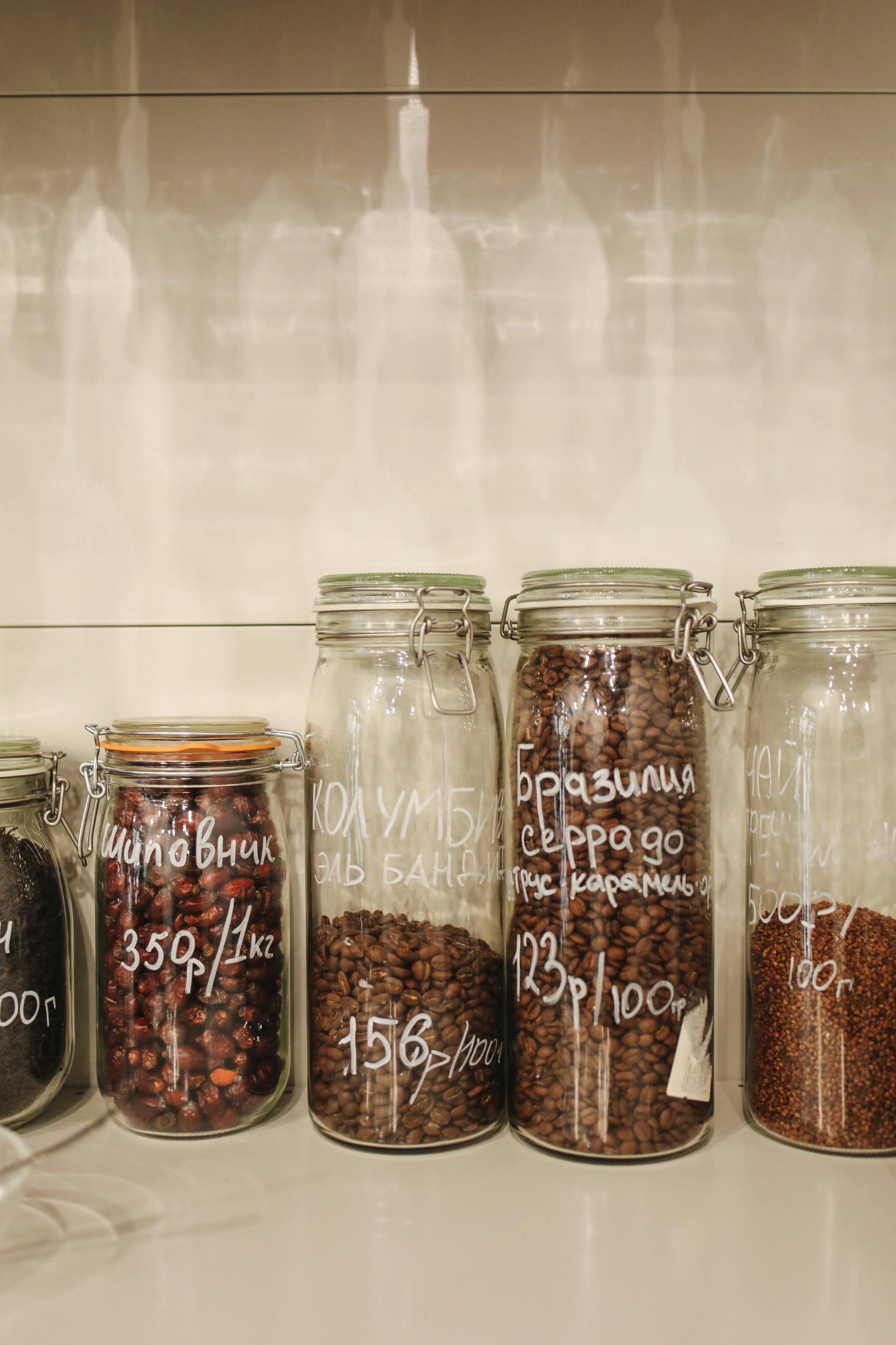Tariffs on Imported Goods: A Business Owner’s Nightmare
In recent developments, concerns are emerging within the gaming industry about the impact of skyrocketing tariffs. A news article has drawn attention to the situation surrounding the popular board game, Gloomhaven: Second Edition, which has become a focal point for discussions on international trade policies and their implications for businesses.
Reports indicate that the tariffs imposed by the previous administration on imports from China have surged dramatically. The current levy has reportedly increased from a concerning 145% to an unprecedented 245%. This significant rise in tariffs is creating an immense financial burden for publishers like Cephalofair Games, which may find itself struggling to navigate these new expenses.
For business owners, such changes in tariff rates can spell disaster. As many companies rely on international suppliers for production, a sudden spike in tariff costs can threaten their viability. The inability to absorb such steep fees may ultimately lead to higher prices for consumers or, in the worst cases, the closure of business operations altogether.
Has anyone else noticed the repercussions of these increased tariffs in their sector? It would be beneficial to share experiences and strategies as we all grapple with the challenges posed by shifting trade policies.










One Comment
This post highlights a critical issue that resonates beyond the gaming industry—tariff hikes can significantly disrupt supply chains and inflate costs across various sectors. The case of *Gloomhaven: Second Edition* exemplifies how protectionist policies, although aimed at fostering local manufacturing, can inadvertently stifle innovation and growth by increasing operational expenses.
One strategy businesses might consider is diversifying their supplier base to mitigate risk—sourcing components from countries with lower tariffs or establishing local partnerships where feasible. Additionally, exploring innovations in manufacturing, such as 3D printing or other on-demand production techniques, could reduce dependence on international imports.
On a broader scale, engaging with policymakers to advocate for balanced trade policies that protect domestic industries without undermining their global collaborators may lead to more sustainable solutions. Ultimately, agility and proactive planning will be key for businesses navigating these turbulent trade waters. Has anyone here experimented with such approaches or seen innovative responses to these tariff challenges?